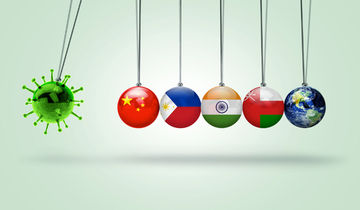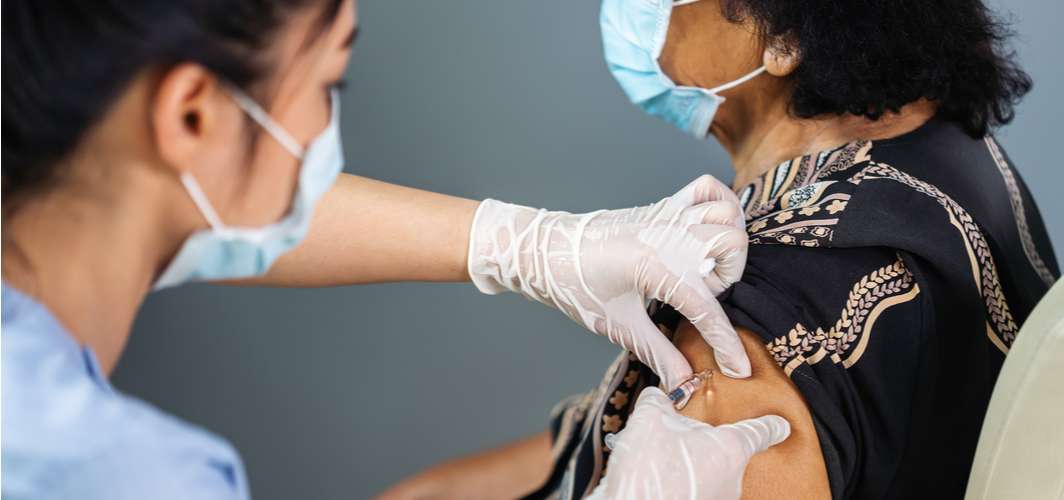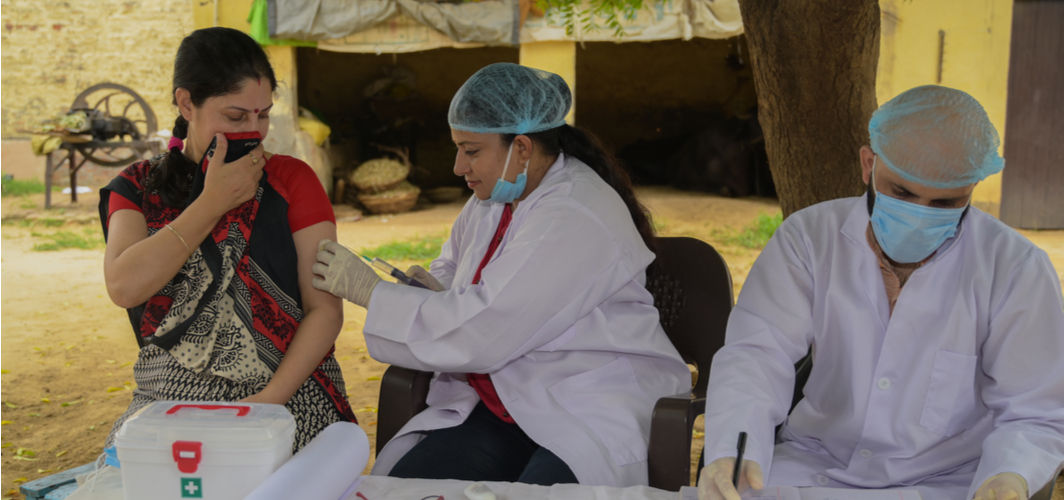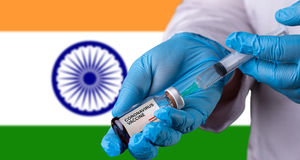The phase 3 trials of major COVID-19 vaccine candidates are expected to conclude soon. Once approved, the vaccine would likely play a key role in ending the pandemic. However, the fight against COVID-19 would not be successful without a fair and equitable vaccine distribution plan that covers rich and poor countries alike.The pandemic has severely affected the lives and livelihoods of people across the world, especially in poor countries. Without fair distribution, these countries would continue to reel from the effects of COVID-19. Although the World Health Organization (WHO) has proposed several measures to ensure that poor countries get their fair share of vaccines, the rise of ‘vaccine nationalism’ in rich countries may jeopardize the global efforts.
Efforts by WHO to ensure equitable distribution of COVID-19 vaccines
In April 2020, the WHO, in collaboration with GAVI (Global Alliance for Vaccines and Immunisation) and CEPI (Coalition for Epidemic Preparedness Innovations), launched the Access to COVID-19 Tools (ACT) Accelerator. The ACT Accelerator is a global collaboration that aims to contain the spread of COVID-19 by speeding up the development, manufacture, and equitable distribution of COVID-19 diagnostics, treatments, and vaccines. The collaborative effort aims to secure two billion doses of COVID-19 vaccines for people living across the world by the end of 2021.
The Access to COVID-19 Tools (ACT) Accelerator has been categorized into 4 pillars: diagnostics, treatment, vaccines, and health system strengthening. The vaccine pillar of ACT Accelerator is COVAX. Led by the WHO, GAVI, CEPI, and various other international bodies, COVAX is an initiative that aims to facilitate equitable access and distribution of the COVID-19 vaccine once it is available.
The main objectives of COVAX are:
- Ensuring vaccine doses for at least 20% population of all countries
- Diversifying and actively managing the portfolio of vaccines
- Ensuring delivery of vaccines once they are available
- Bring an end to the pandemic’s acute phase
- Rebuild economies ravaged by the pandemic
Global collaboration and readiness
WHO, GAVI, UNICEF, and various other international partners are collaborating to help countries be prepared to introduce a vaccine once it is available. The organizations are developing tools, training, guidance, and equipment to support the participating countries prepare for COVID-19 vaccination.
International lending agency the World Bank has also approved $12 billion to fund the purchase and distribution of COVID-19 vaccines for people living in developing countries.
While the measures may appear good enough, ‘vaccine nationalism’ may derail the plans of the equitable global distribution of COVID-19 vaccines as rich countries continue to book more than their required share of vaccines even before they are approved.
What is ‘vaccine nationalism’?
Vaccine Nationalism is a relatively recent development that refers to the COVID-19 vaccine pre-purchase agreements being made between rich countries and vaccine manufacturers even before the final stage clinical trials and/or regulatory approval.
According to Oxfam, rich countries with just 13% of the global population have already purchased 51% of the promised doses of the major COVID-19 vaccine candidates. So far, the United States has secured 800 million doses of at least 6 vaccine candidates with an option to buy around one billion more. The United Kingdom has purchased nearly 340 million doses of COVID-19 vaccine candidates. The country is reportedly the world’s highest per-capita buyer of vaccine candidates - around 5 doses for each citizen. The member countries of the European Union and Japan have also signed deals for hundreds of millions of COVID-19 vaccine doses.
A report published in the Wall Street Journal states that combined together rich countries have reportedly signed deals to buy close to 3.7 billion doses from pharmaceutical companies developing COVID-19 vaccines.
Why is vaccine nationalism a matter of concern?
According to experts, vaccine nationalism has the potential to leave poor countries without timely access to COVID-19 vaccines.
- The pre-purchase agreements between rich countries and vaccine manufacturers could make a safe and effective vaccine inaccessible to people living in poor countries, that do not have the financial means to bet on vaccine candidates whose success is not guaranteed.
- Another factor that makes vaccine nationalism a cause of concern is the limited capacity to manufacture vaccines. The waiting period for a vaccine for people living in poor countries could get prolonged, as the initial vaccines may go to the rich countries.
- The demand for successful vaccine candidates, especially from the rich countries, would likely drive up the prices of the vaccine. This will make the vaccines unaffordable for poor countries.
Role of India in the fair distribution of the vaccine
Of all the countries in pursuit of COVID-19 vaccines, India enjoys a unique position. On one hand, the country is the largest manufacturer of vaccines in the world, and on the other hand, it is a developing country with a large section of the population living in poverty.
The government aims to vaccinate 25 to 30 crore people by July 2021 under the first phase of the immunization program. To meet the domestic demands, the country is likely to secure supplies from Indian pharma companies that have obtained licenses from global vaccine developers to manufacture their vaccines in India. Additionally, Indian companies like Bharat Biotech, Zydus Cadila, and several others are working on their own vaccine candidates besides license manufacturing the vaccines of other global companies.
In his address to the United Nations General Assembly in September, the Indian Prime Minister declared that the vaccine manufacturing and delivery capacity of India will be used for all of humanity in fighting the COVID-19 pandemic. The government has reportedly allowed domestic manufacturers to export COVID-19 vaccines in the future, if a significant proportion remains in India. Experts and scientists across the world have applauded the Indian government’s stance in this regard.
Pune-based Serum Institute of India (SII), one of the largest vaccine manufacturers in the world, has entered into an agreement with the University of Oxford and AstraZeneca to produce one billion doses of their vaccine candidate per year. Half of these doses will be secured for people living in India. The rest of the doses will be committed to COVAX which will supply them to poor and lower-middle-income countries.
Conclusion
Once available, a safe and effective COVID-19 vaccine will play an important role in containing the spread of the pandemic. However, to ensure the success of vaccines, they must reach all, irrespective of their income levels. While WHO and other global health bodies are working to ensure equitable global distribution of vaccines, ‘vaccine nationalism’ could deprive the poor and the needy people of life-saving vaccines. India’s role will be closely watched as a player that can bridge the divide and make it a level playing field.







